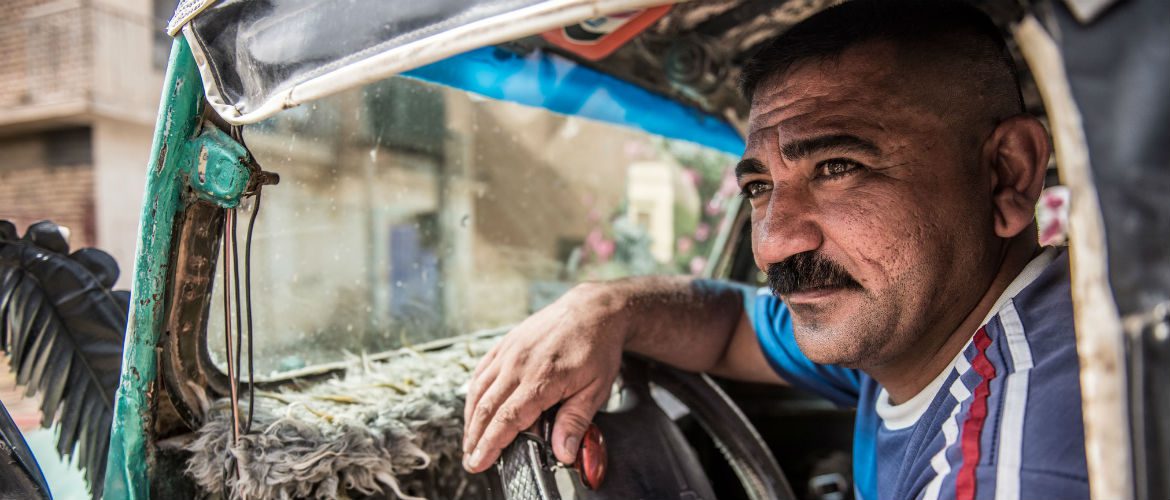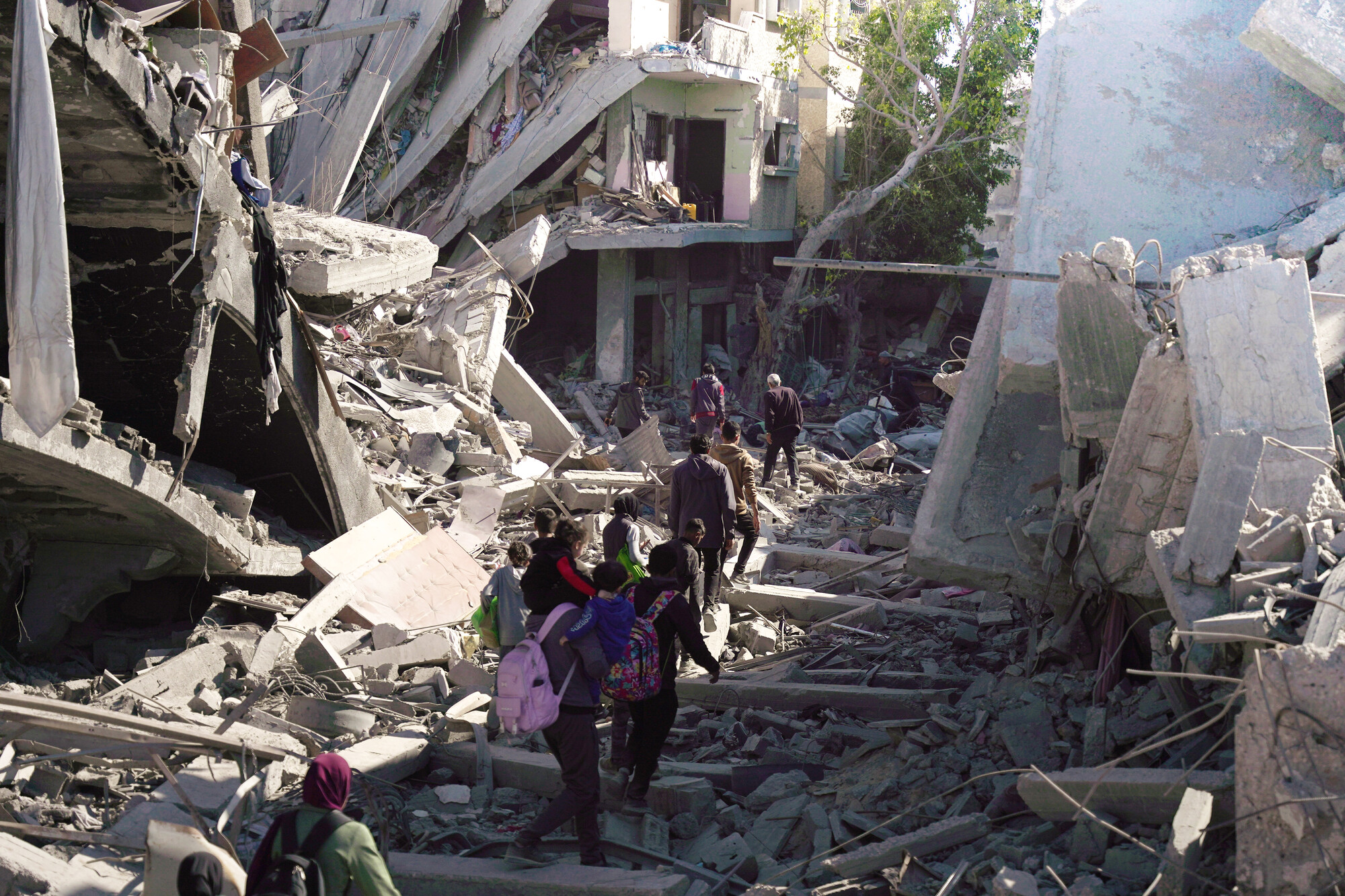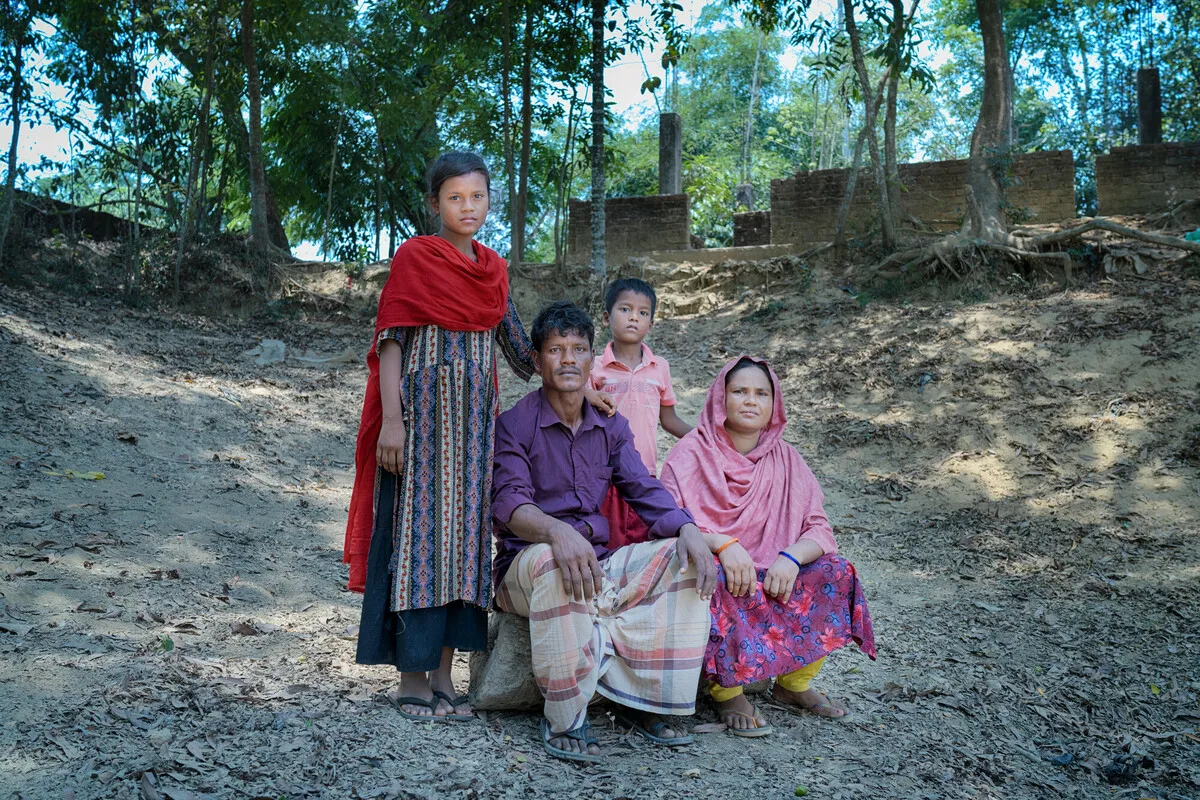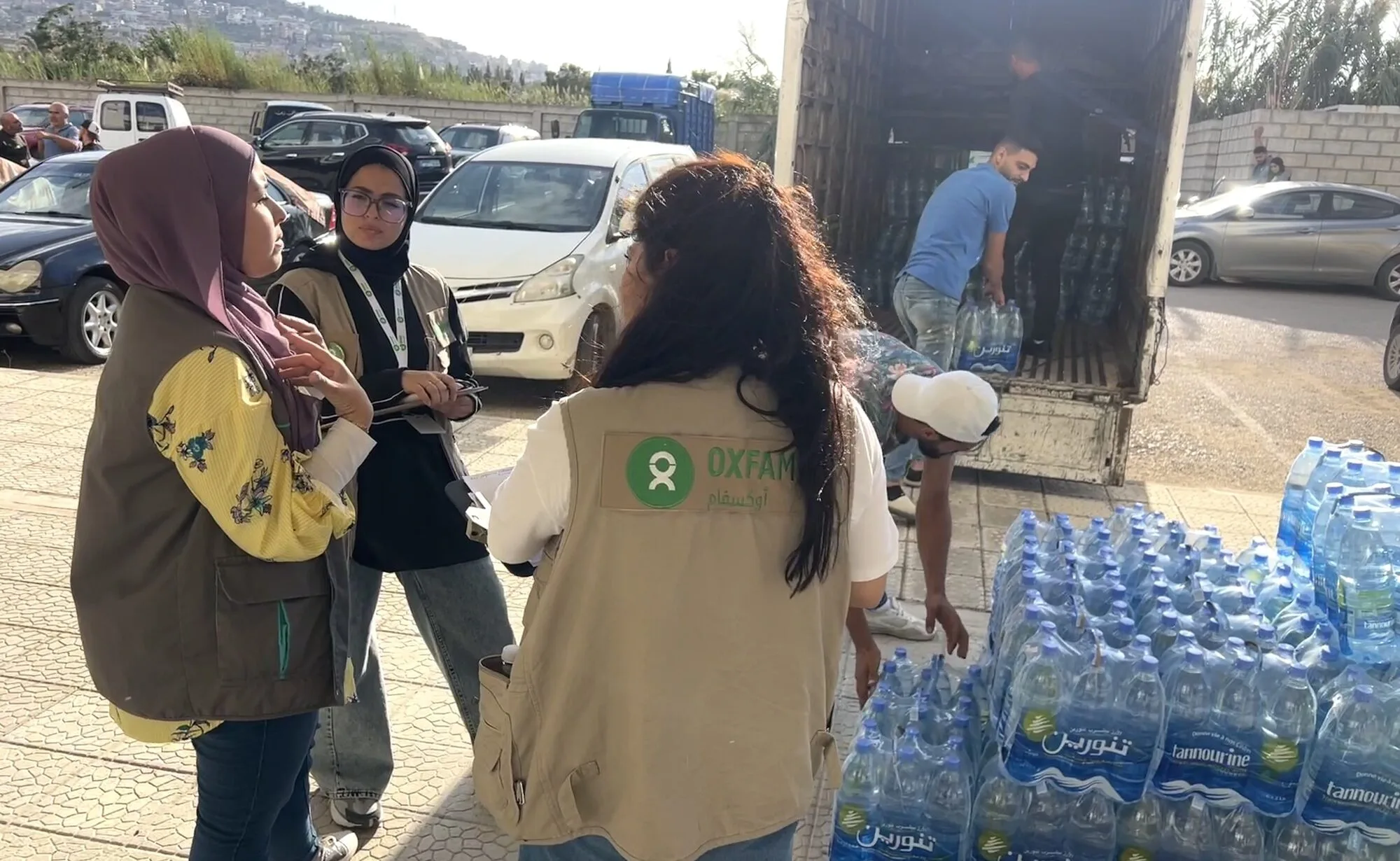By Amy Christian, Iraq Media and Communications Advisor
As determined families return to rebuild and others brace for the next round of violence, Oxfam helps locals strengthen their ability to respond and recover.
Sitting in his taxi, Ghasan Ali* talks about how life used to be in Saadiya, an Iraqi town about 100 miles north of Baghdad, before it fell under the control of ISIS more than two years ago. The occupation lasted about nine months–long enough for Saadiya to see most of its water system destroyed along with a host of its schools and homes. Many people fled, Ali among them, and when he returned everything in his house had been stolen.
“Before ISIS, there were salaries and people used to have jobs,” said Ali, whose name has been changed to protect his identity. He has been trying to eke out a living by ferrying an occasional rider in his taxi and sometimes he goes for a week without work. “Right now, people are displaced and living in incomplete houses and buildings.”
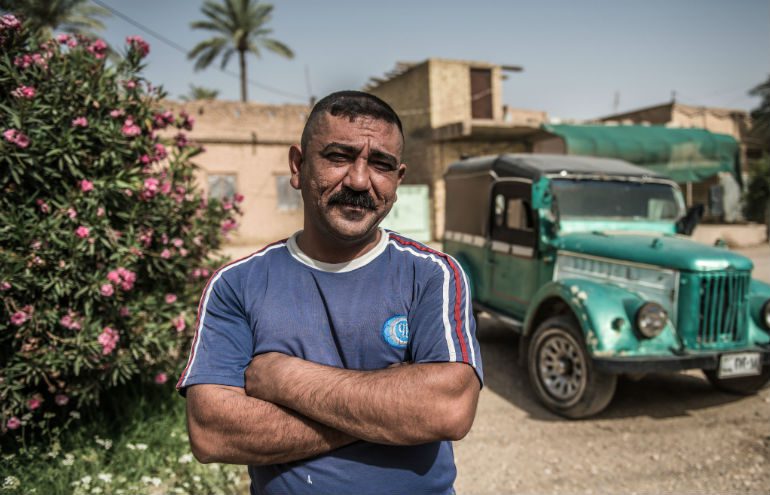
Across Iraq, Oxfam estimates there are now more than 3 million displaced people, and their ranks are about to swell: The Iraqi army has been developing plans to recapture Mosul, the country’s second-largest city now occupied by ISIS.
When that happens, the work of local first responders — people from the community who know the place best — will be essential in meeting the emergency needs of countless families.
Fighting in Mosul could trigger the displacement of between 500,000 and 1.5 million more people. Since January, Oxfam has been preparing for that scenario. Key to the effort has been tapping the expertise of local partner groups – part of Oxfam’s new mission to shift the dynamics of humanitarian response and localize disaster aid, making it faster, more efficient, and sustainable.
“It’s very important to build local capacity because these are the people who will be doing humanitarian response in the future,” said Tom Robinson, Oxfam’s Iraq-based emergency preparedness manager. “We bring technical expertise and materials and they bring access to local authorities and exceptional knowledge of the area.”
One of the groups — RNIDP, with which Oxfam has an informal relationship — may well need to deliver water and sanitation services to Qayyarah on its own because that area is too militarized for outside organizations to serve, said Robinson.
A second group — Al Tahreer Association for Development — got an Oxfam grant to train its staffers in similar skills, known as WASH, or water, sanitation, and hygiene. They will be among the first responders when people are driven from their homes.
“They’re part of the Mosul community,” said Robinson. “It’s important for them to bring skills back when they do go home.”
Despite all these preparations, the dread of pending military manoeuvres has been paralyzing for many families, said Rachel Sider, a former Oxfam policy expert based in Iraq. “They’re pretty terrified. They don’t know what’s worse: Living under ISIS or fleeing ISIS.”
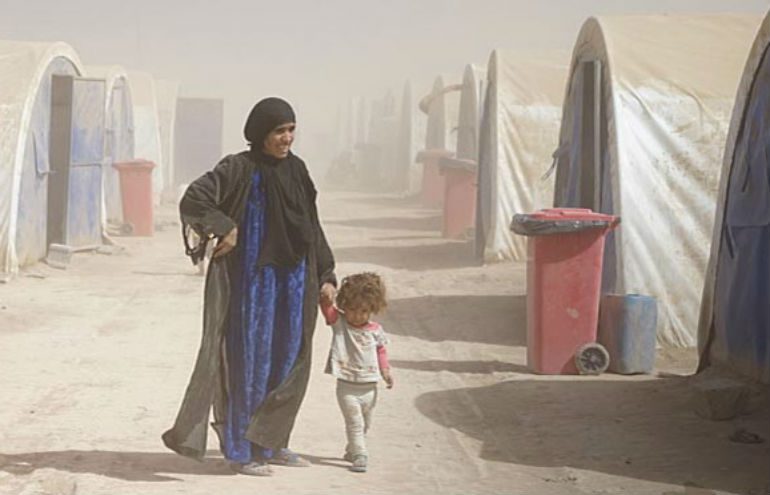
Emergency in Iraq
Civilians risk being caught in crossfire as the military operation to retake Mosul and surrounding areas from ISIS intensifies. Donate today so we can respond in countries facing humanitarian crises.
* These names have been changed to protect people’s identity
